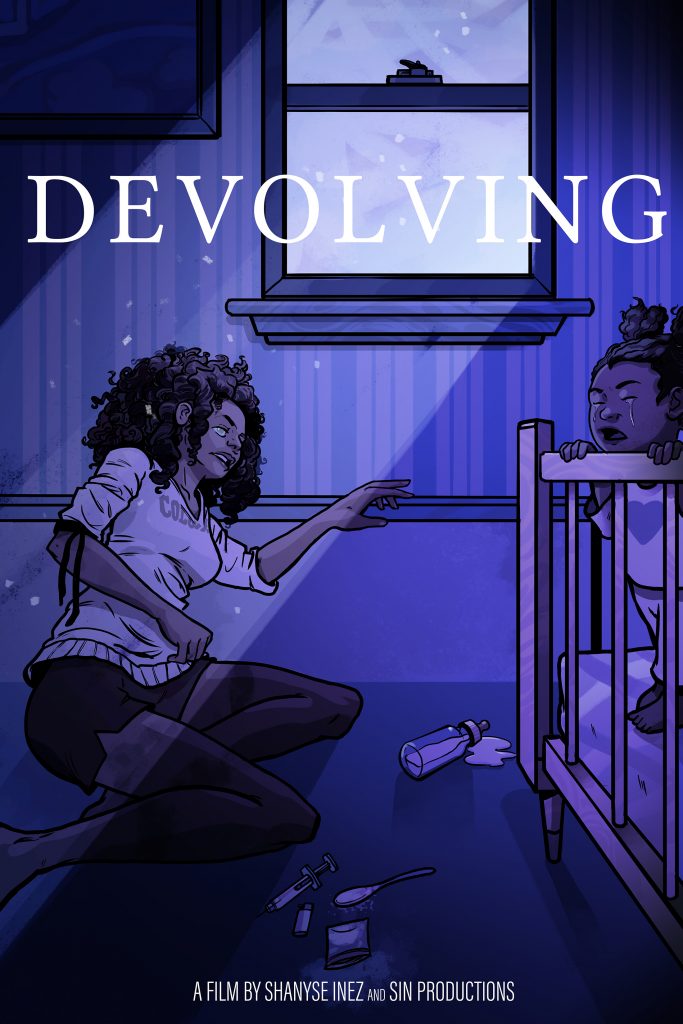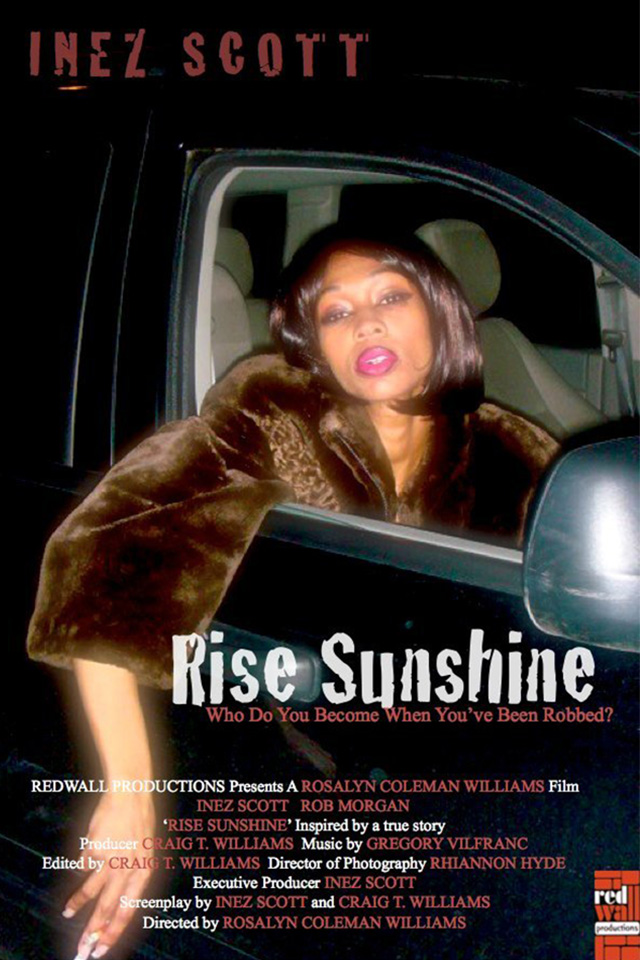Devolving

Artistic Vision for Devolving
When I started writing Devolving, all I knew was that I wanted to tell a story that was similar to what I experienced growing up. I wanted to share my pain in a productive way. My connection to this material and the characters is that it is grounded in different versions of my own truth. The characters are exaggerated versions of people that I have encountered, and versions of myself that I have suppressed and never revealed in in fear of judgment. I am most interested in exploring what a cycle of abuse looks like. Specifically, how child abuse, substance abuse, and intimate partner violence are all related. I want to explore issues related to how parents can damage their children, and the subtleties of emotional abuse. Lastly, I want to explore how strong people can be when they are put in a position to tap into their strength.
I want the audience to see their similarities to the characters notwithstanding their own relationships to drugs or abuse. I want the audience to feel like they are not alone in experiencing and overcoming trauma. Although the themes in my screenplay can evoke some feelings of sadness I do not want Devolving to be a sad story. I want it to be portrayed as a drama where levity is used to break up the difficult situations that the characters and the audience are grappling with. I envision this as a film where people use laughter as coping mechanism for dealing with difficult situations, juxtaposed with tears of frustration and anger. I want the characters to be so real and relatable, that the audience hates or loves them because they are reminiscent of someone in their life that they feel either strong disdain or adoration towards.
I imagine this screenplay being shot on film for a truly cinematic effect that captures the dynamic range of the atmosphere and depth of performance. I envision people who identify as members of the LGBTQ-plus community, come from dysfunctional families, struggle with any form of abuse, have mourned the life of someone close to them, and have thought of self-medicating as the audience for this film.
I started writing this screenplay over five years ago, and as the screenplay evolved I became more passionate about telling this story. While this screenplay is personal to me and my experiences, it is also contextually important in America today. There is a lack of acknowledgement of intimidate partner violence within the LGBTQ-plus community, and these individuals have an increased risk for depression and substance abuse as compared with their non-LGBTQ-plus counterparts. As a country, we are confronted with an opioid crisis—illuminating a need for addiction treatment broader than we have ever implemented before. I think many people will see representations of themselves and people they know in this story. I hope that by watching this film, they will realize that they have the power to overcome their addictions.

